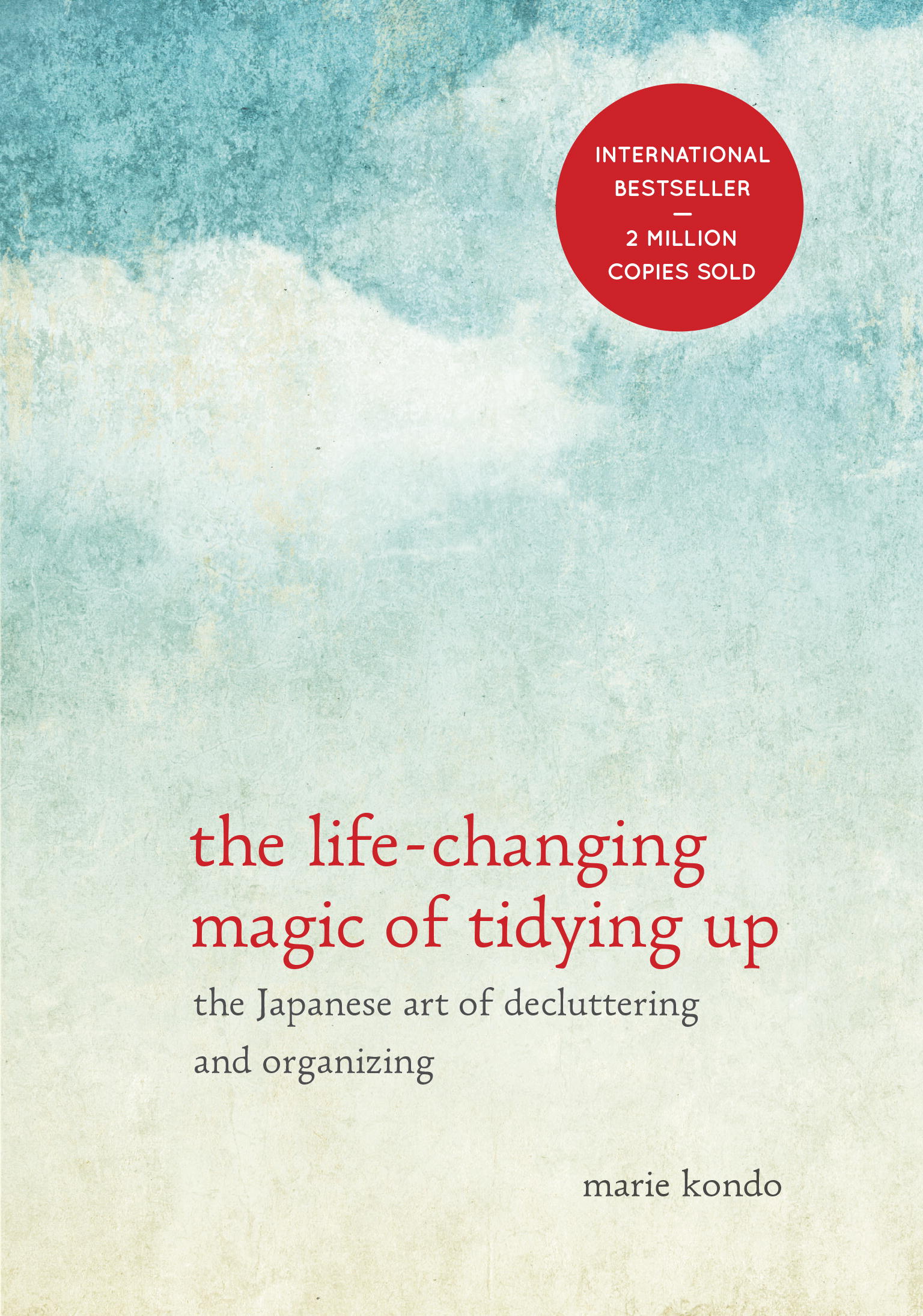Most American readers have likely NEVER read a single work of nonfiction from a non-English-language author, not including the Greek philosophy he or she might have pretended to read in school. And except for possibly a Nordic thriller here or there, the same is true for fiction.
In light of these realties, Americans can be forgiven for believing that we have all the best ideas in the world, and that everybody wants to be like us. Many of us simply don’t know any better, and American publishers haven’t frankly felt the need to bring authors and ideas from international markets. As such, they don’t have the structure, the processes, the expectations or the desire to consider publishing a translated work. I work with many editors at non-English language publishing houses around the world, and if these editors don’t review English-language text themselves, they always have “readers: who do. It’s a necessity, plain and simple. Not so in the US, though strangely I’ve heard that several have lately found Japanese-language enabled readers.
Editors in the US and UK will not agree to publish something they cannot read. Since they have NO patience for imperfect translations, they will in every instance conclude that the work necessary to prepare the text is too expensive and too time-consuming. The simple fact is this: most editors answer to their bosses. The idea that somehow a process can be funded and adopted to ‘perfect’ a translation, one which would require bringing on a translator to review the translation delivered from overseas is not a feasible one. There are too many English manuscripts submitted daily for a publisher to add one or two new steps to the process in order to publish a translation.
Remember those leopards and their spots? That’s American publishers – they are what they are.
And here’s more bad news: American publishers will not pay for the translations of authors who they have not published before.
“Wait a minute,” you publishers must be saying now, “That’s not fair. We do that all the time.” Yes you do, and thank you for that. But as we’ve already agreed, life is not fair.
Another obvious obstacle is the unavailability of a given author to do local, long-term promotion. My favorite cliché is that of the chicken and egg, but here the yolk is on us: a publisher will never bring an author over until his or her book is a success, but that success is almost impossible without the kind of ‘in-market’ presence, in print media, TV and radio that get the book and author known. There is no replacement for this.
In the case of Marie Kondo, Sunmark, Penguin Random House (PRH) in the US and UK made extraordinary commitments in terms of staff and money to make interviews with the author possible. They paid for interpreters, they dedicated staff to the (seriously) 24/7 job of promoting the book and the author. And Sunmark and PRH combined to fund an extended, no-holds barred author tour, several of them in fact, in both London and NYC, LA , SF and Boston. It all started with the Cathy Hirano translation, but take out one of the pieces above and you very likely would have had a book which was a solid performer, perhaps 50,000 sold.
But let’s not get ahead of ourselves. My message to publishers in Asia is this: you must prepare a native-language translation of an entire book. You can start with (3) chapters if you absolutely must, but you need to commit from the beginning to fund and prepare the entire translation. Those (3) chapters could – maybe – be enough to keep the publishers interested, but if you want a book to get the chance it deserves, you need to accept that you must prepare a native-language translation of the entire text.
I should note that you (or your agent) may get super lucky and find a publisher in the US or UK who agrees to publish a book based on a sample translation. But if you rely on that possibility, you are limiting your field of possible publishers by about 98%? Go bold or go home.
You may know of a book that was published in English that didn’t have a full translation, but do you also have stories about the hundreds of thousands of great books that never get published in English because the original publishers didn’t commit to funding a high-quality translation?
I’m going to tell you a secret. Marie Kondo’s first book was licensed into 42 languages. 38 of them were outside of Asia. All of those publishers had full access to the original text in Japanese, as well as the English-language translation. All but one of those 38 publishers chose to translate from English. The exception was Italy, where there is a cultural tradition of publishing books from Japanese. But if you as an Asian publisher still think that you can have the kind of success with a book you want to have if the text is NOT translated into English, ask yourself why all those publishers around the world chose to translate from English. Then ask yourself if the money Sunmark spent to fund a quality translation hasn’t been the corporate investment of a lifetime.
I’ve written a lot about the past, but let me bring us back to the present. I'm working with the amazing Gray Tan and Jade Fu at The Grayhawk Agency, and together we’ve had Taiwanese illustrator Amily Shen (“Wonderland”) published in the US, also by Penguin Random House.
We are also working together on the terrifically exciting Cats of the Floating World and a unique book that Grayhawk represents from the PRC, titled Room to Breathe. The literary agency world is a small one, with various strong personalities, some sweet, some sour, a few bland and many spicy. But one thing I know we all agree on is that Gray Tan understands this business. He’s among the elite agents in the world, and I don’t think there’s a more respected nor innovative agent working today. The publishers he works with also get it, or at least they do after Gray has counseled them. There are no shortcuts, no relying on “lucky breaks.” A book can be a masterpiece, but if 99% of the publishers outside the Chinese-speaking world can’t read it (or only read it in a stilted translation), what’s the point?
Lately I’ve been having great international success with other exciting Sunmark titles out of Japan, and the Korean superagent Danny Hong (who also gets it) and I have sold several Korean authors into English-speaking markets. In cooperation with Kenny Okuyama at the Japan UNI Agency, a Japanese book, originally published in Japan by Wani Books, titled now in English “Goodbye, Things” will publish in Spring 2017 from W.W. Norton in the US, and across the world in the next year. And guess what? Wani delivered a full, terrific translation too.
But turning back to Taiwan, I want to leave you with some good news. Your market is unique, and uniquely positioned to introduce books to the world books that people want to read. You’re the “newest” nation in a part of the world dominated by ancient cultures, and as such you have a vibrancy and an optimism that I don’t think anybody else in Asia can match. You have a rich cultural pedigree but aren’t weighed down by the past; and let’s face it, the realities of geography and economics being what they are, you have to work harder and smarter to survive and thrive. The oppression and suppression of free expression which dominates your neighbor to the West, and the cultural and political conservatism which results, are not elements which weigh you down. Everybody loves an underdog (oh sorry, cliché alert…) and Taiwan is that. In illustrated works as well as non-fiction and fiction, there’s a palpable energy and ‘crackle’ emanating from Taiwan these days, and if your markets’ publishers want to be known as the ‘next Sunmark’ and share the best of what’s publishing in Taiwan with the rest of the world, they’ll capture those qualities in translations that express the original text in its finest essence.

